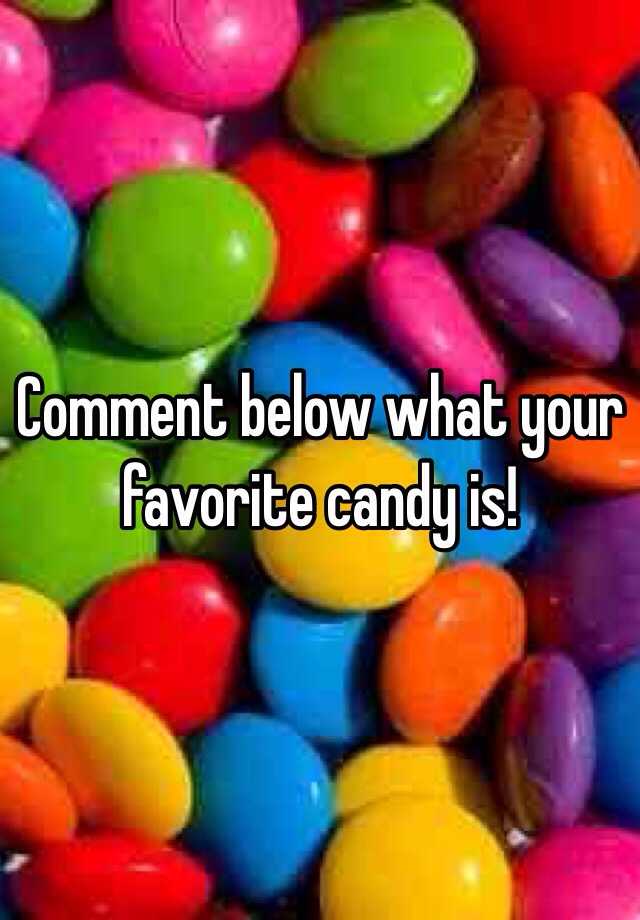

In what follows, we draw on the Lacanian understanding of desire and enjoyment to explore the subject’s engagement with dating apps.
Voice candy dating app how to#
What kind of profile picture and bio is the right one? What kind of opening message? This is an evolving field which sees users trying to figure out how to deal with the techno-social milieu produced by the app itself (Ansari and Klinenberg, 2015 Ellison et al., 2011 Heino et al., 2010 Ranzini and Lutz, 2017). Dating apps’ affordances and narratives remediate specific rituals of courtship, producing new practices, such as swiping, liking, matching and texting, and a related etiquette, or grammar, with specific questions attached to it: e.g. While it would be naïve to claim that dating apps have revolutionised our understanding of love and sexuality, we are witnessing a digital remediation of these domains, which is producing new codes to (re)negotiate romance. Recent statistics report that about 196 million adults use them, with people aged 18 to 29 being the largest population segment (Statista, 2020). Previously socially stigmatised, online dating has now become not only largely acceptable but increasingly popular amongst urban youth in big cities. These have arguably contributed to a resignification of the rituals, grammar and values of romance, and constitute an object people relate to and rely on to an ever more significant degree. In a cultural atmosphere in which having a vibrant dating life becomes an imperative, thus foreclosing the space for desire to emerge, dating apps can be a way to respond to such injunctions without confronting the anxiety of an embodied encounter.ĭigital societies are particularly distinguished by the emergence of new technologies of romance and sexuality namely, dating apps. We maintain that dating apps entail a libidinal economy that operates independently of the app’s obvious function of connecting individuals: they act seductively, engaging the subject’s desire in a pulsating dynamic of loss and gain, promise and frustration, thus becoming an affective object in their own right and offering a way for the subject to cope with the demand to enjoy typical of late capitalism. Applying Lacanian theory to the analysis of empirical data, we dwell on the microphysics of enjoyment of dating apps to analyse the ways in which they activate, exploit and turn the subject’s desire. We argue that dating apps’ key function and significance is not that of offering a means through which to find a potential partner, but rather of engaging the subject’s desire without the need for an actual relationship with another person.


Moving away from an instrumental conception of digital media, we focus on their (mis)functions and the related (dis)satisfactions. In this article, we take dating apps as a case study to tackle the question of desire and enjoyment in contemporary society.


 0 kommentar(er)
0 kommentar(er)
